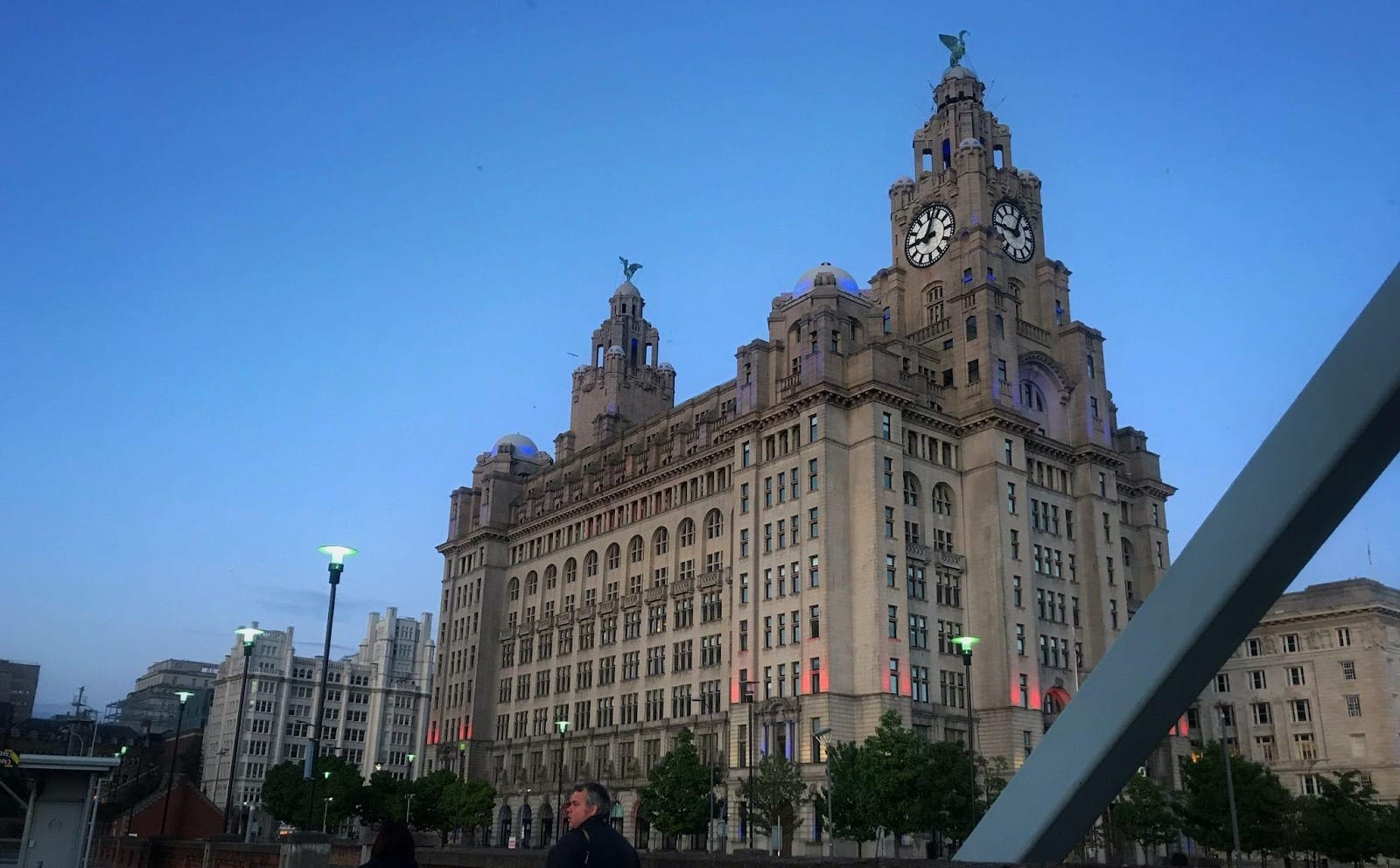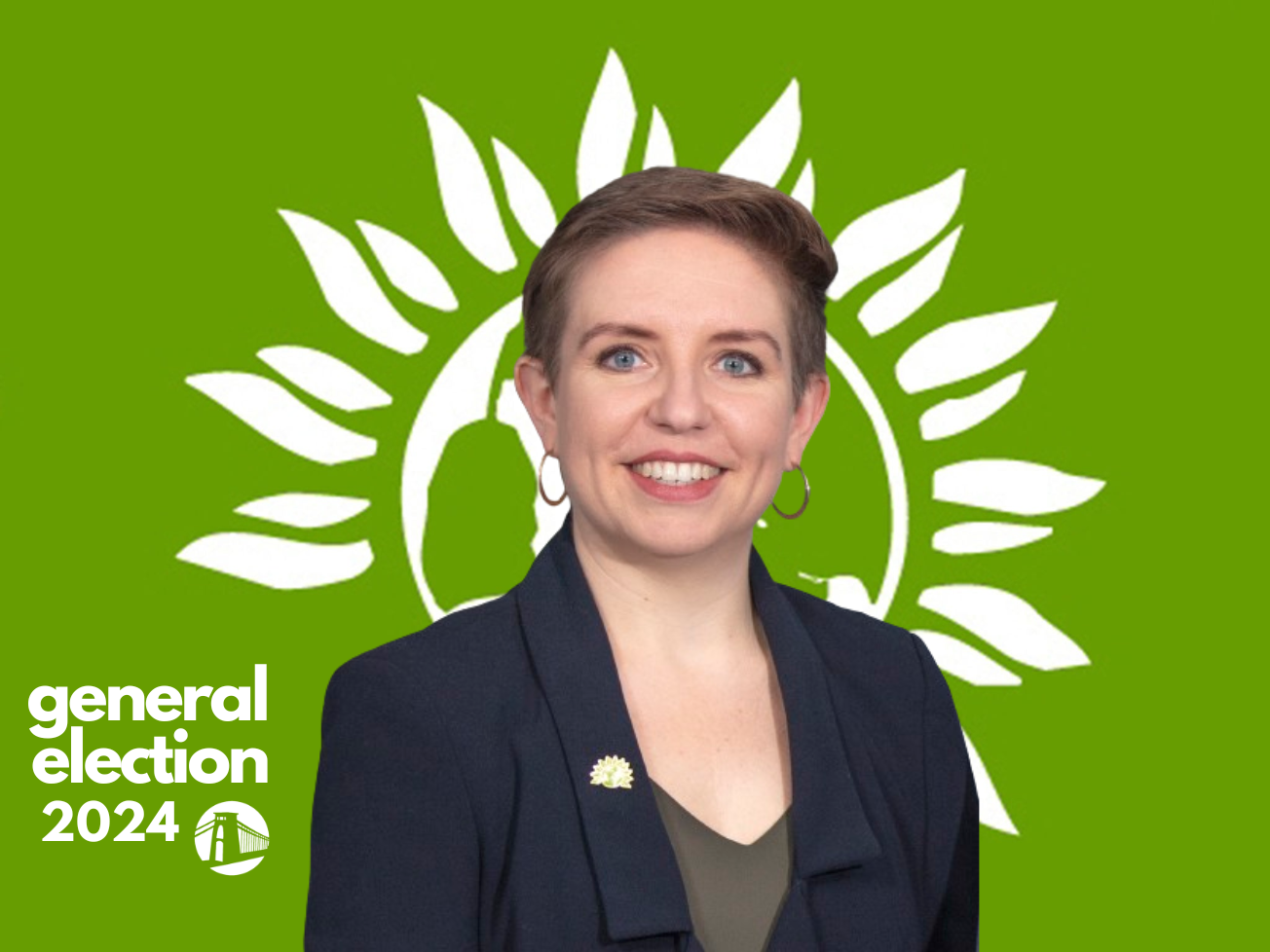By India Noon, Co-Deputy Opinion Editor
When it comes to Russell group universities the difference in student backgrounds is clear – there are significantly more students from the South than the North.
Countless figures demonstrate this divide, with students from London and the South East gaining 3 times as many university places as students from the North of England. Danny Dorling, a professor at the University of Sheffield, even said that in today’s university admissions, ‘geography is a better predictor than social class or income’.
Many speculate that these figures are because of private education, with a higher percentage of those in the South being educated in independent schools. Statistics show that just over a third of those in Greater London are privately educated.
"the North sees significantly lower socio-economic backgrounds than in the South"
However, looking at university admissions shows a different story, as both private and state-school students from the South excel in Russell Group enrolment. Despite this, research from the Sutton Trust shows state schools in Reading, Hammersmith and Fulham are 50 times more likely to be accepted at top universities than state schools in Rochdale, Knowsley or Sandwell. The issue, therefore, goes beyond private school attendance. So, why is it that more students from the south of England secure more places at Russell Group universities such as Bristol?
Many students who have applied for university will know the important role A-level grades play in university admittance. Sir Martin Harris, the 2010 director of the Fair Access report, asserted that good A-level grades are the single most important factor in gaining university places, not where students come from. However, socio-economic backgrounds are strongly linked to academic performance and research demonstrates that the North sees significantly lower socio-economic backgrounds than in the South.
Evidence suggests in the North families struggle more than in the South, with a higher percentage of children coming from low-income families. Approximately 11.9% of primary school children in the South East claim free school meals compared to 18.4% in the North East.
However, poverty is not all that separates the South from the North. Academic funding is also a key factor. In the recent Education and Health Equity report, it was found that on average, 9.7% more funding goes to pupils in London than pupils in the North. Further statistics show that there is a £900 reduction in per-pupil funding in the North compared to London at primary school level, and a further £1,200 less per pupil in the North at secondary. The report showed how this corresponded with higher school absences in the North, as well as physical health and mental health decline, and poor educational performances.
With such a clear wealth gap and disparity in funding between the North and the South, it is no wonder that Southern students perform better at A-level and GCSE. Findings reveal that in 2022 the North-South A-level gap widened from 5.3% to 8.7%, with just 30.8% of the North East gaining A-A* grades compared with 39.5% in the South East.

At places like the University of Bristol, Northerners make up significantly less of the wider student body, with figures showing there are 4,125 students from Greater London compared to only 380 students from Greater Manchester.
To gain some insight into the Northern student experience at Bristol, Epigram spoke to two students, Lucy and Jake, as well as to some of the committee members of the university’s Northern Society.
When asked what the biggest difference between the North and South is, the students shared a unanimous response: the people. Mica, a fourth-year Dentistry student and President of the Northern Society from Blackpool said:
‘We’re more easy going, I feel like we don’t need to entertain each other. When I’m out with my Southern friends I need to go all energy, full entertainment mode but with my Northern friends we can chill in our own company, we know what the vibe is’.
Lucy, a second-year French and Politics student from Leeds, agreed with this, saying: ‘It’s a friendlier culture in the North, it’s more normal to speak to a random person or say hello and engage in a deeper conversation’. Upon further discussion about the North-South divide at Bristol, she said: ‘I don’t feel it day in, day out but there are definite instances where I’m aware of it’.
For Lucy, the biggest drawback of being a Northerner at Bristol is her distinct Yorkshire accent. She noted that not a day goes by where it isn’t picked up on:
‘I literally had this incident on Friday. I was in the middle of a conversation with a girl and she cut me off to ask if I was from the North. Sometimes I just don’t think it’s relevant. It can get a bit wearing when it’s happening all the time and I just didn’t realise it would be such a big talking point’.
For all the students Epigram spoke to, going to university in the South is undoubtedly a different experience than that which they’re used to at home. Being surrounded by people who behave and sound differently from you can be difficult to deal with.
However, the experience felt by Northern students is not entirely a negative one. All the students emphasised how friendly Bristol is as a city, being uniquely similar to the North in many ways.
"The society [...] has an active social media presence to keep this tight-knit community intact"
Jake, a second-year Politics and Sociology student from Harrogate in North Yorkshire, told Epigram: ‘Bristol is a very friendly place, it defies the southern stereotype a bit’.
Contributing further to the more positive experience of Northern students in Bristol is the Northern society; a sparkling example of a community that is active in its attempt at helping Northern students settle into a place that is different to home.
The society hosts drinking and non-drinking socials, as well as family schemes, and has an active social media presence to keep this tight-knit community intact. It is a light-hearted and relaxed space that allows students to take pleasure in the simple delights of a pub crawl or game of darts with fellow Northerners.
James, a third-year Dental student and the society’s social sec from Durham put it best: ‘If you want to hear people with the same accent and meet more Northern people then come to Northern society’.
So, what can Northerners expect when coming to top universities like Bristol?
An evident funding gap exists, creating an imbalance of Northern students at top universities. Nevertheless, upon speaking with Northern students at Bristol it is clear that the Southern experience is far from unpleasant or isolating.
Students like Jake and Lucy have come to Bristol and had a great time despite being a little further from home and its comforts. Jake remarked: ‘You’ll find your crowd, I’ve not met anyone who’s found it a lonely experience. It shouldn’t be at the top of your worries list’.
#WeAreNotBeingFussy: Eating Disorders Awareness Week 2024
‘If the bus hasn’t arrived in time I end up being too anxious to go into lectures late’ | Analysing Bristol's broken public transport system
The Northern Society committee members also responded reassuringly. Henry, the society’s treasurer, added: ‘There’s loads of nice people, just get out and meet them!’
While being at a university that is far from home – both culturally and geographically – can be a daunting prospect, Bristol is a unique, friendly and diverse place, where students can find their people no matter where they’re from. And when in doubt, join the Northern Society!
Featured image: Epigram / Annabel Lee Ellis
What are your experiences as a Northern student attending The University of Bristol?








